Interview
The Polish President’s chief-of-staff reflected aloud on the relationship between Warsaw and the EU. This relationship should change with the rediscovery of its identity and with the rigorous application of the subsidiarity principle. The author of the volume “A Catholic in the European Union” analyzes the difficulties of the Community project from a different perspective. “On the migration crisis – he said – we were right”

72% of Poles view their Country’s adhesion to the European Union with enthusiasm. Krzysztof Szczerski, 44, political scientist, is the head of the cabinet of the President of the Republic of Poland. In 2003 he published the volume “A Catholic in the EU”. In his capacities as member of the Law and Justice Party, led by Jaroslaw Kaczynski, with a majority in the Polish Parliament, supported by 45% of civil society, Szczerski recently attended a conference held at the Pontifical Holy Cross University on the values of 21st Century Europe. On the occasion of his visit to Rome he presented at the Polish Embassy to the Holy See his book published in Poland, due to be soon released in Italian.
Why did you title your book “European Utopia?”
I chose that title because the ongoing crisis in the EU exemplifies the fact that when political systems are distant from social reality, soon or later they will reach a stage whereby they will no longer be capable of performing their responsibilities. In the 1970s the European Union was already different from the project of the founding fathers. At the time, the ruling class was made of political forces inspired by social-constructivism and left-wing liberalism, in the belief that society was not rooted in the historical transmission of values and traditions from one generation to the next, but rather that is was an “agglomerate” created according to a pre-determined political plan. Since the fall of the Berlin Wall Christian values have ceased representing the pillars of our Continent’s stability. Poland and other European countries joined the EU at a time when citizens’ bond with their birthplace and with the previous generations was being discontinued, when traditions and customs were despised and replaced by the figure of the “Modern man.” European elite groups turned away from reality. As a result, today they are guided by a political utopia according to which the citizens, or rather, the subjects, are not mature enough to live up to the spirit and goals of the present era.
In your opinion, what is the most serious problem of modern Europe?
The fundamental problem of today’s Europe is related to identity. It is necessary to rediscover the roots of European identity. Europe should be a community of shared values and culture. I remember when John Paul II pleaded with the European Union to integrate the concept of Jewish-Christian civilization in the preamble of the European Constitution.
That’s when I understood that Europe had no intention of recognizing her very historical and cultural identity: her own civilization.
Our continent is increasingly becoming an agglomerate of forces and processes that don’t lend to a precise definition, as they are not rooted in history. In my opinion the European debate is progressing in the wrong direction. Europe’s recovery can only take place as a result of the renewed enthusiasm of European peoples to act in unison for a shared Europe without prejudice, divisions, or hierarchic structures. That enthusiasm should be coupled by political will, only then will be possible to speak of a new generation, of a new European political movement. But today we are faced with a large number of Eurosceptic movements, which in fact could cause the implosion of the EU, while the matter at stake is to improve Europe in the framework of political integration.
What is your recipe for Europe?
The only solution is to rebuild Europe to reintegrate it according to new rules. We ought to renounce the idea of a hierarchical Europe, where only some States have a hegemonic role, and replace it with an “intergovernmental democracy”, free from commercial and distributive monopoly that is presently in the hands of large corporations. We must build a Europe of free nations and equal Countries. The new relations of EU member Countries should be marked by the increased incisiveness of national Parliaments so as to control supra-national institutions, and by a more rigorous implementation of the subsidiarity principle. The problems of integration can be solved not so much through tighter integration but rather via increased freedom and solidarity. The new EU, the “union of common sense”, should not seek to accomplish an abstract program, nor to create “new citizens.” It should trust its peoples and States, mindful of their traditions, diversity, and history. In fact, peoples and States that cannot be absorbed by the Euro-bureaucratic “Moloch” should be the object of integration policies.
What can Poland do for Europe?
Other EU Countries should simply listen to us with greater attention. Our partners should trust us in the belief that the European heart is beating also in this part of the Continent.
How can they be persuaded?
With coherent policies that are equally European and Polish. Since the beginning, since 2015, Poland has never ceased highlighting the need to defend the external borders of the European Union, to cooperate with European partners outside the Continent to solve conflicts that constitute the underlying causes of migration. Those ideas were initially considered of secondary importance and in some cases even anti-European. Today, politicians in Brussels and in other Countries are saying exactly the same things.